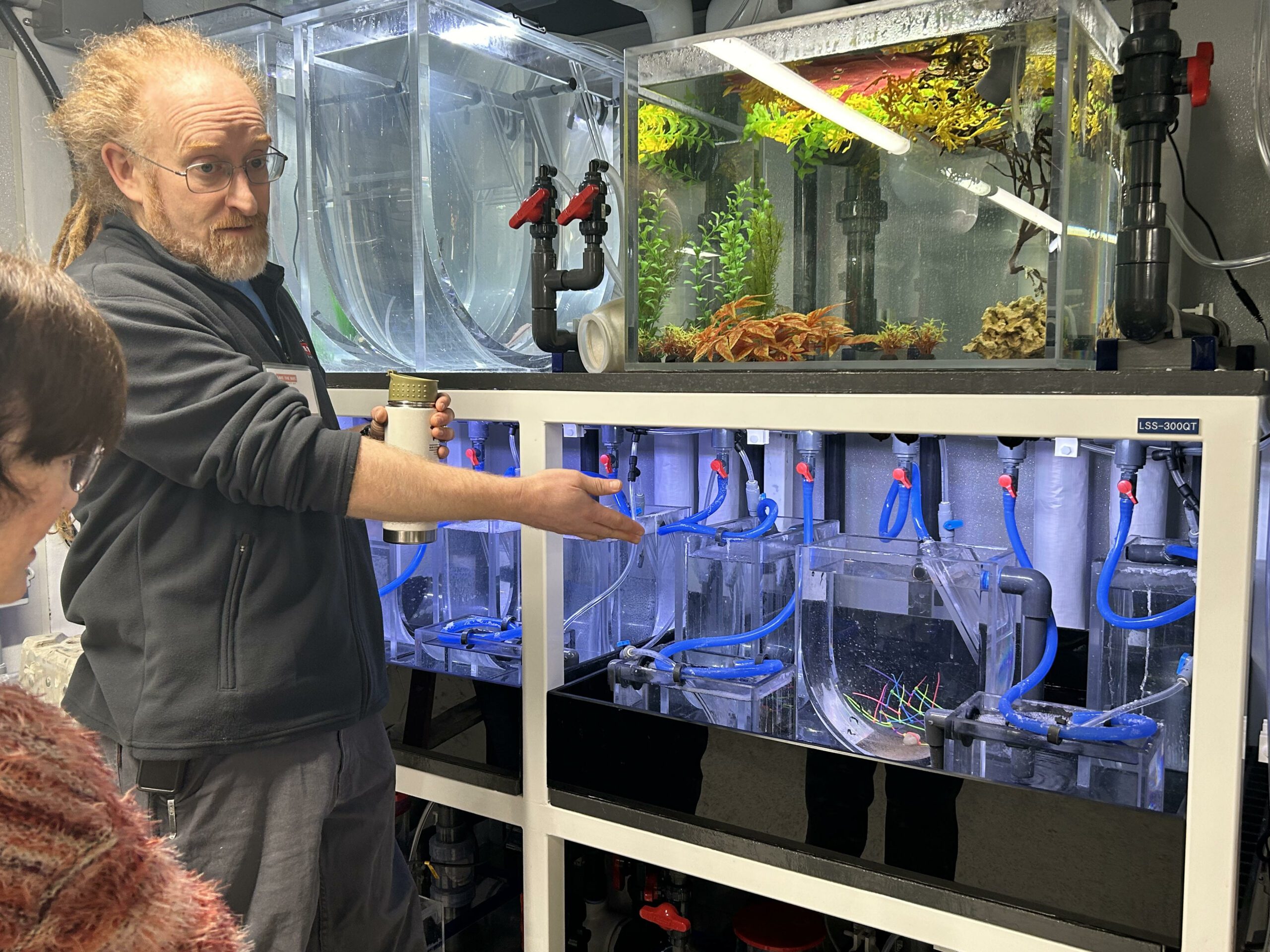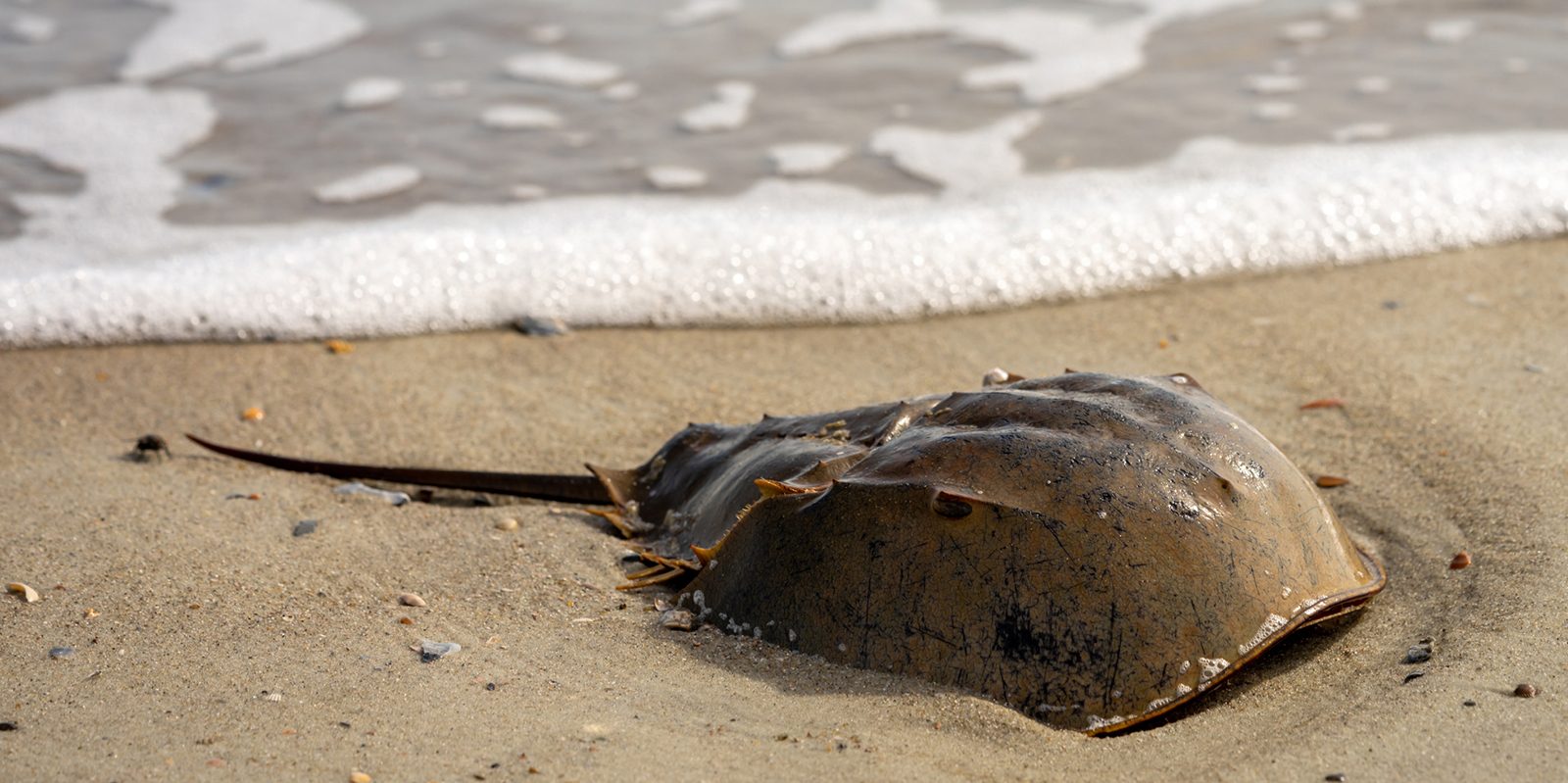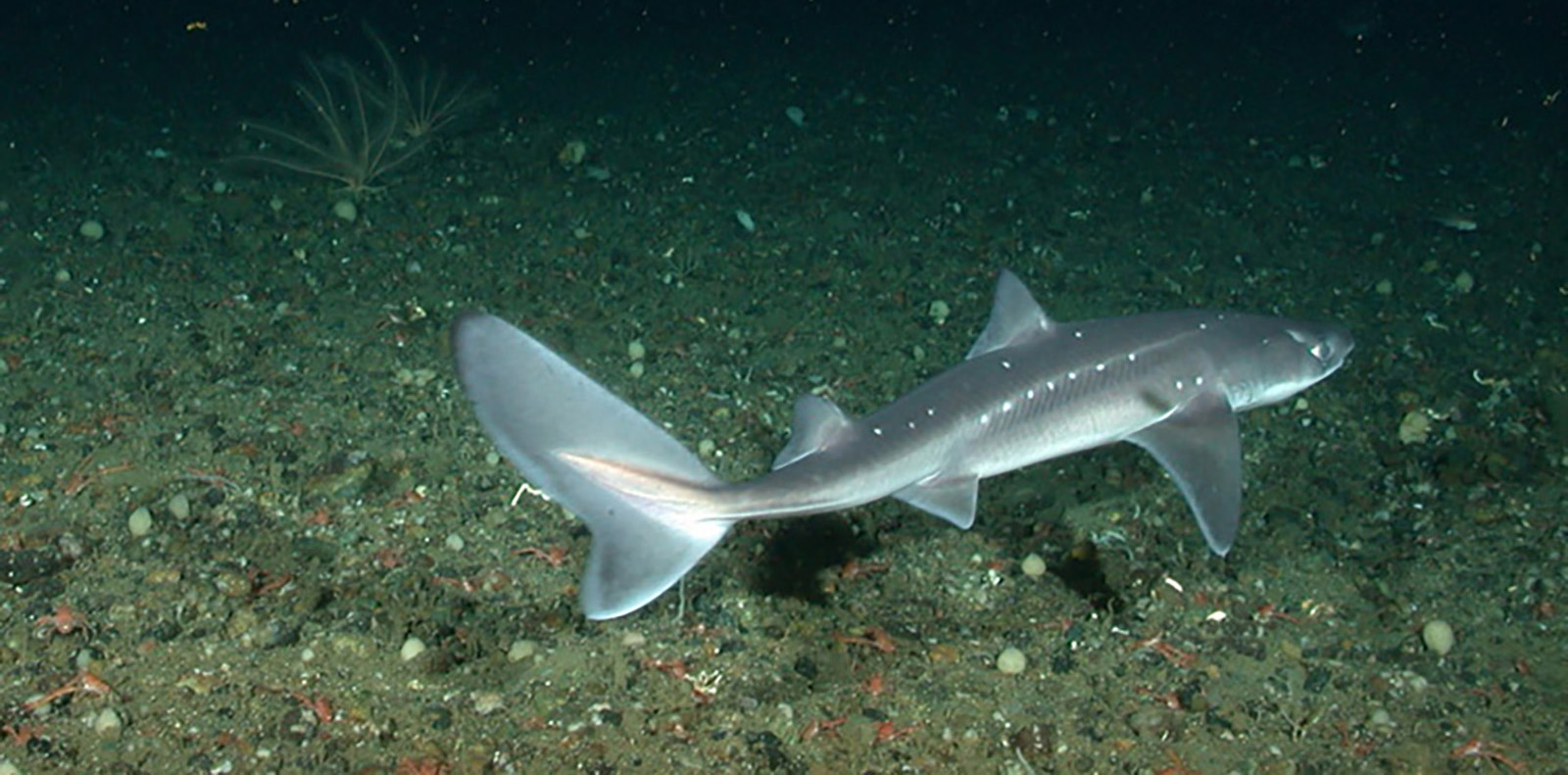Supreme Court Ends Battle Over Block Island Marina’s Expansion
Court denies Champlin Marina's plan to expand into Great Salt Pond, an environmentally sensitive tidal lagoon
October 14, 2022
The Rhode Island Supreme Court on Friday rejected a controversial agreement between the Coastal Resources Management Council (CRMC) and Champlin’s Marina & Resort that would have allowed the Block Island marina to expand, ending a nearly 20-year-old legal battle.
In its 54-page decision, the court affirmed a June 2021 Superior Court decision that denied the marina’s plan to expand into Great Salt Pond, an environmentally sensitive tidal lagoon that covers more than 600 acres on the northwestern side of the island.
The controversial agreement, known as a memorandum of understanding (MOU), was brokered in November and December 2020 during private meetings between the marina’s former owner and the CRMC board. The town of New Shoreham and other long-standing opponents of the project weren’t involved with the agreement.
“Today’s decision by our state’s Supreme Court is a win for all Rhode Islanders not only because of what it means for the protection of our environment and coastal resources, but also because it reaffirms the principle that we were fighting for: regulatory agencies have to follow the rules and cannot engage in ad-hoc, behind-closed-door deals that ignore their own procedures and evidence for the sake of expediency,” Attorney General Peter Neronha said.
Neronha, in a March 2021 court filing, had questioned the role CRMC played in brokering the agreement. “Because this case remains in the exclusive jurisdiction of [the Supreme Court], CRMC’s participation in the mediation itself was inappropriate,” Neronha wrote at the time.
In rejecting the expansion, the Supreme Court wrote, “In light of the many competing activities and the intense public interest which they generate, it is of the utmost importance that the CRMC operate under a clear set of parameters.”
The court found CRMC had no authority to engage in “private mediation” with Champlin’s to settle the case while it was on appeal.
“We are disappointed with the Supreme Court’s ruling in the nearly 20-year dispute over a limited expansion of Champlin’s Marina on Block Island’s Great Salt Pond,” said Dyan Koelsch, a spokesperson for Robert Goldberg, lawyer for Champlin’s, said on Friday. “We are concerned that the Supreme Court gave such short shrift to the more than six-year unexplained delay by the lower court in its decision on the case.”
According to the high court’s decision, “CRMC’s duty to the people of Rhode Island does not end when it becomes a party to litigation that involves the propriety of one of its decisions.”
The court, citing CRMC’s own regulations, reaffirmed that the law requires “an open, traceable decision-making process [which] is essential for an effective coastal management program.”
The legal battle began in 2003, when a proposal to nearly double the marina’s size was announced. CRMC denied the application in 2006. Champlin’s appealed to Superior Court, where the decision was reversed. Opponents appealed to Supreme Court, which asked Superior Court and the CRMC to review the decision. In 2013, CRMC denied the expansion again. Champlin’s appealed, and the Supreme Court upheld CRMC’s decision.
Champlin’s again appealed in July 2020. A deal was brokered between CRMC and Champlin’s in late December 2020 for a 1.5-acre buildout without participation by the town and other intervenors. The mediation was held in executive session and the meeting minutes were sealed. The agreement was later approved by the full CRMC board.
On Friday, the Supreme Court wrote, “We additionally do not find any regulation permitting a post-final-decision settlement to be discussed in an executive session and then approved in an open session.”
“Mediation was a long-recognized tool for alternative dispute resolution. It saves money, time and delay and it often helps to add civility and focus to difficult and stressful circumstances. Mediation seemed like a good idea at the time,” Koelsch said.
The marina was sold Dec. 23, 2020, less than a week before the mediation agreement was signed. Champlin’s Realty Associates Limited Partnership’s general partner, Champlin’s Realty Associates Inc., sold the marina and adjacent properties for $25 million to Great Salt Pond Marina Property LLC, a unit of Cranston-based Procaccianti Companies.
“Almost 20 years of angst evaporated in one sentence. It was pretty amazing,” Henry DuPont, a Block Island resident who is on the board of the Committee for The Great Salt Pond, one of the groups that fought Champlin’s expansion, told The Providence Journal’s Jim Hummel.




The egregious miscarriage of Justice by the administrators of the CRMC should not be swept under the rug. The people deserve honest oversight of our previous environmental resources. They should never be sold to the wealthy who think they can buy whatever they want.
The reform of the CRMC has stalled in the RI legislature. Write your state Senators and Reps. Most especially write Senator Dawn Ewer from Newport. She was leading the reform. Ask her to renew her efforts.
Another example of the incompetence of the Coastal Resources Management Council. If you want to know what their decision is going to be follow the money. The moneyed people always win out